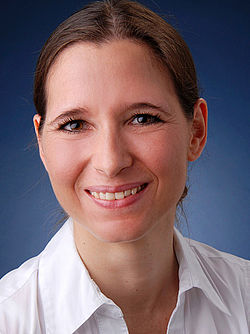Partner Site Munich

Dr. Sandra Rauser
Partner site manager
(Hospital of the Ludwig-Maximilians-University Munich)
phone: +49 89 4400 54677
rauser(at)munich-heart-alliance.de
Principal Investigator
Institutes and Hospitals
Technische Universität München
Klinikum rechts der Isar der TU München
Deutsches Herzzentrum München
Ludwig-Maximilians-Universität München
Klinikum der Ludwig-Maximilians-Universität München
Helmholtz Zentrum München
Max-Planck-Institut für Biochemie
Profile of Partner Site
At the Munich partner site of the DZHK, cardiovascular researchers of the Technische Universität München, Ludwig-Maximilians-Universität München, the Max-Planck-Institute of Biochemistry and Helmholtz Zentrum München have joined together to accelerate research on the prevention, diagnostics and therapy of cardiovascular disease. The partners can draw on their experience with more than 20,000 heart patients a year that are treated in Munich’s university hospitals as well as on the KORA cohort (a large-scale population-based study, unique in Germany, on common chronic diseases such as diabetes, cancer, dementia or cardiovascular disease).
A key research focus at the DZHK partner site Munich is the identification of gene and environmental factors that are associated with cardiovascular disease. Here the aim is to identify molecular markers that predispose for the disease and its associated symptoms and, in conjunction with lifestyle factors, influence the development and course of the disease.
Cellular mechanisms that underlie cardiovascular disease shall be elucidated. Using in vitro and in vivo models, processes are studied that play a role in inflammation and remodelling in the cardiovascular system. These findings will enable a better understanding of the pathogenesis of coronary heart disease.
Another focus is on the development of innovative and optimised treatment methods. The goals are to define new indications for known drugs and to bring new targets and active agents into clinical use. For example, researchers will investigate whether microRNAs can provide new approaches to the treatment of cardiovascular disease.



